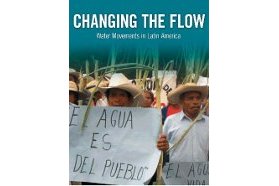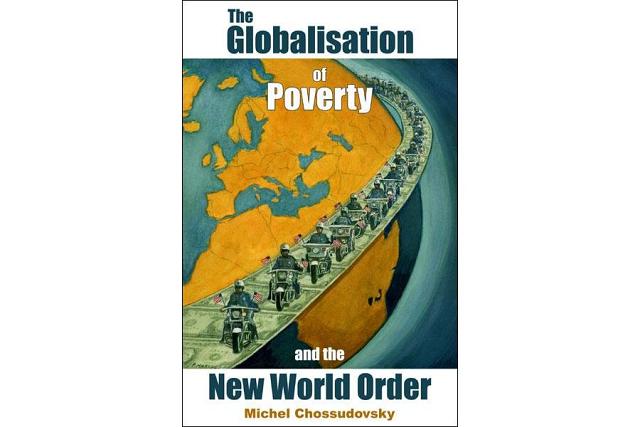In case after case around the world, water has been turned into a profit-making commodity – preventing people access to the most essential element on Earth. Private ownership of water and water delivery systems has severely compounded the abuse, neglect, mismanagement and exploitation of water (…)

Changing the flow Water movements in Latin America
Beverly Bell, Jeff Conant, Marcela Olivera, Crossley Pinkstaff, Philipp Terhorst. March 2009

